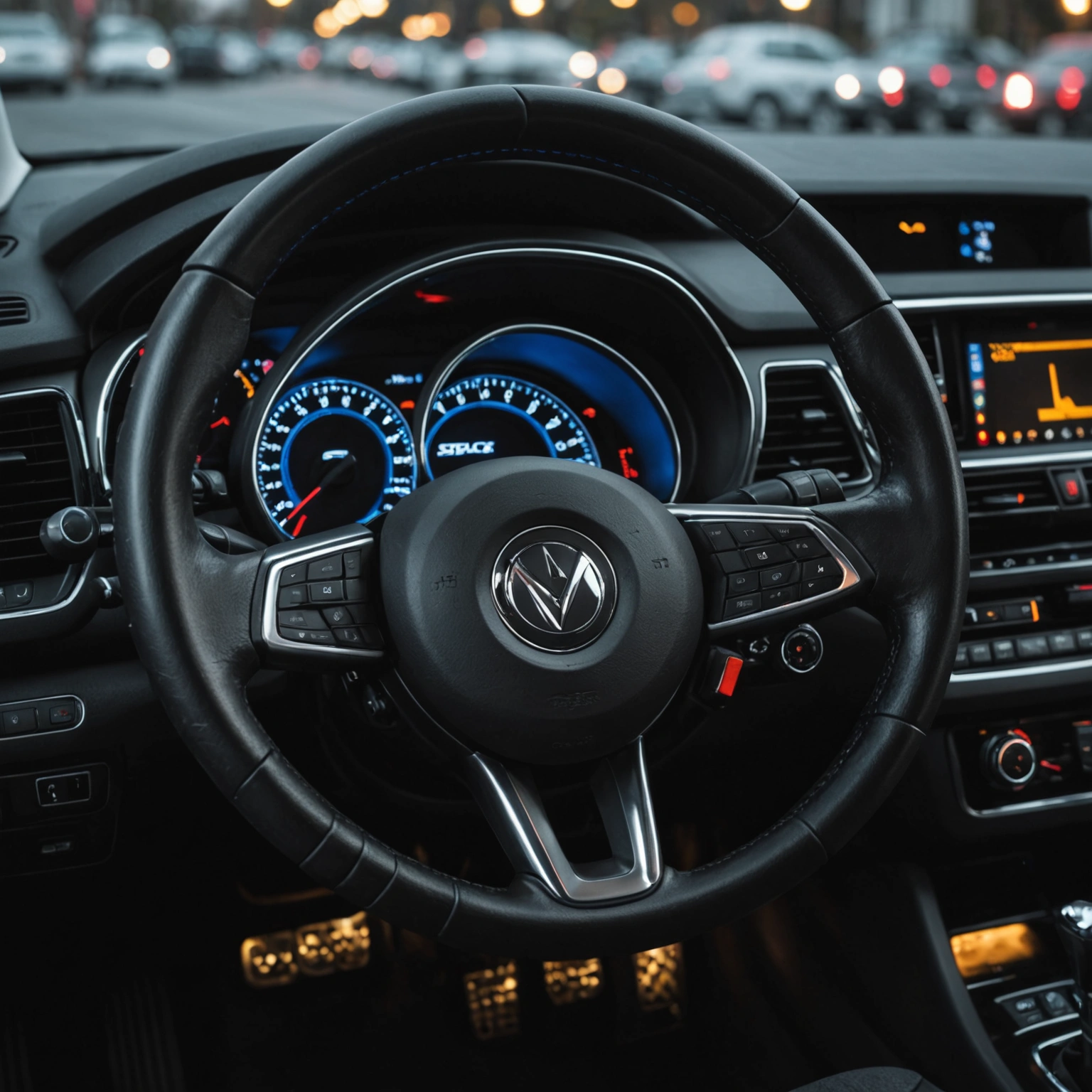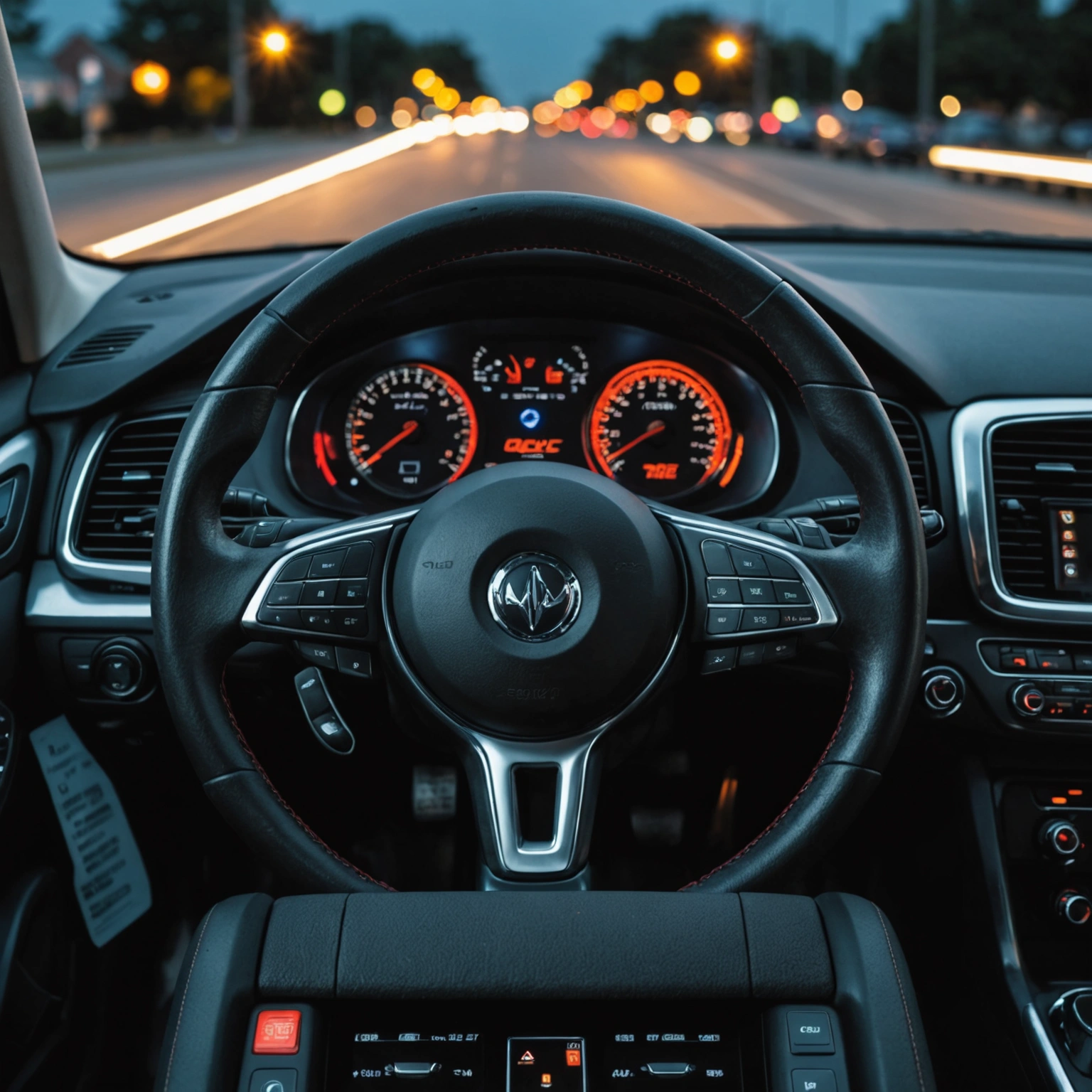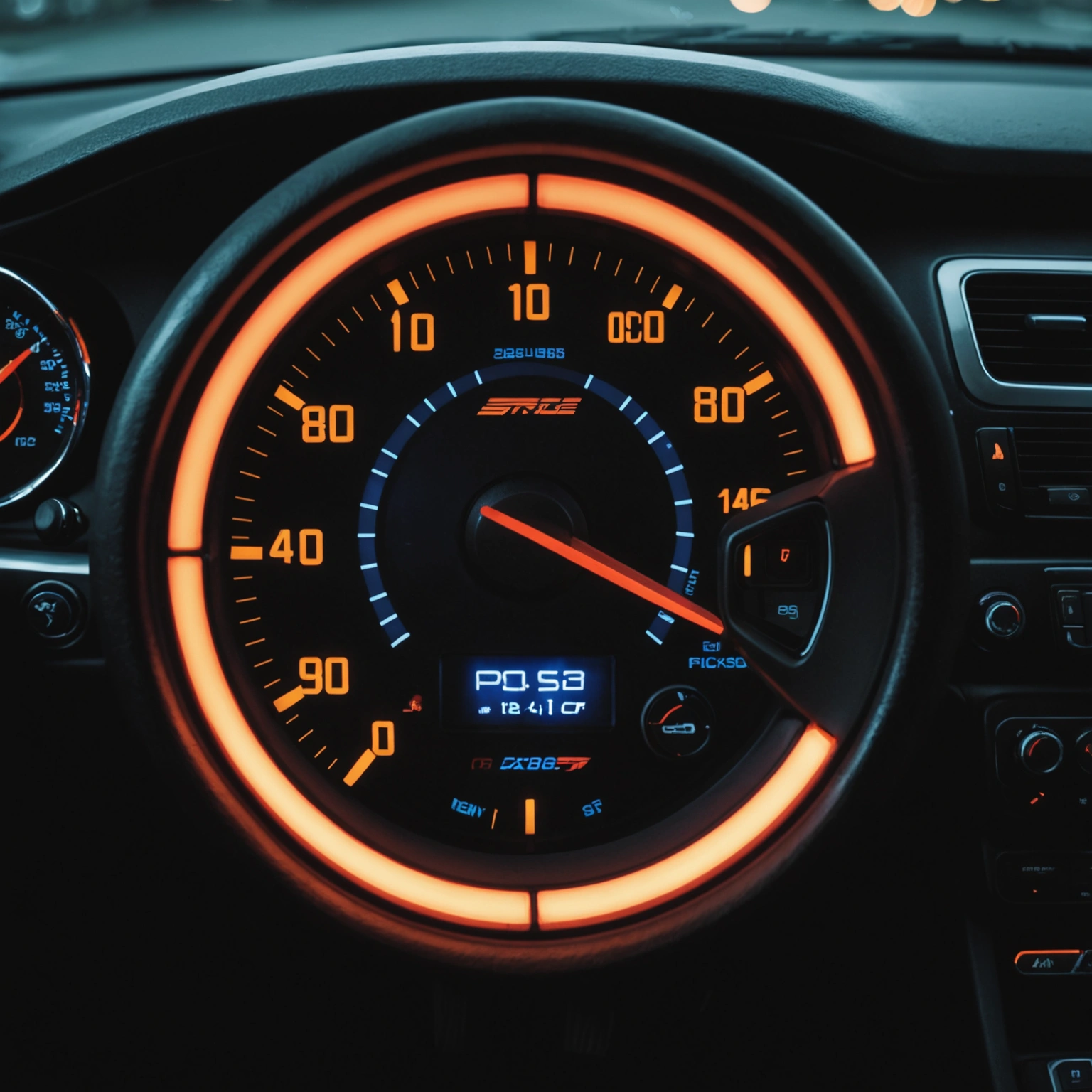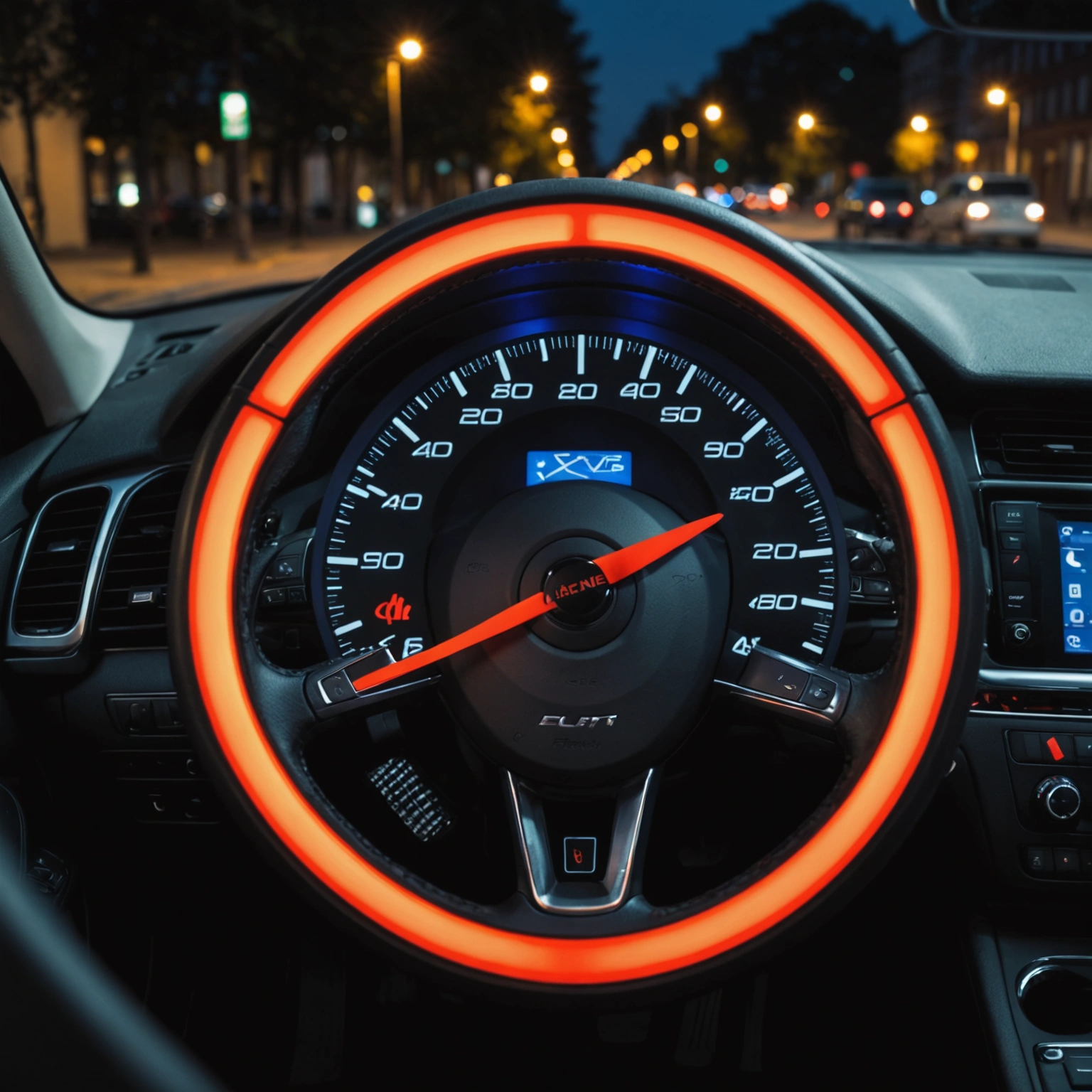**Why Do My Car Dash Lights Flicker? Understanding the Common Causes**
If you’ve noticed your car’s dashboard lights flickering, it can be both unsettling and concerning. These lights are crucial for alerting you to various vehicle systems and potential issues, so when they start flickering, it’s natural to wonder what’s going on. Let’s explore the common causes of flickering dash lights and what steps you can take to address them.

### 1. Battery or Alternator Problems
One of the most frequent causes of flickering dashboard lights is an issue with the vehicle’s electrical system, particularly the battery or alternator:

– **Weak or failing alternator:** The alternator charges the battery and powers the electrical systems when your engine runs. If it’s not functioning properly, voltage levels can fluctuate, causing the dash lights to flicker.
– **Old or failing battery:** A battery nearing the end of its life may not supply consistent power, leading to flickering lights and other electrical issues.

**What to do:** Have your alternator and battery tested at a trusted mechanic or auto parts store. Replacing a faulty alternator or battery can resolve flickering caused by electrical inconsistencies.
### 2. Loose or Corroded Electrical Connections

Loose wiring, corroded terminals, or poor connections can disrupt the flow of electricity to your dashboard and other electronic components:
– **Loose ground wires:** Proper grounding is essential for stable electrical performance.
– **Corrosion:** Corrosion on battery terminals or wiring connectors can cause intermittent contact.
**What to do:** Inspect and clean battery terminals and wiring connections. If you’re unsure, a professional inspection can identify and fix loose or corroded connections.
### 3. Faulty Voltage Regulator
The voltage regulator controls the voltage output from the alternator. If it malfunctions, voltage levels can spike or drop, resulting in flickering dashboard lights.
**What to do:** A professional diagnosis can determine if the voltage regulator needs replacing.
### 4. Electrical System Overload
Additional aftermarket electronics or accessories—such as amplifiers, custom lighting, or other devices—can overload the electrical system, causing voltage fluctuations and flickering lights.
**What to do:** Ensure your vehicle’s electrical system can handle added accessories, and have a professional evaluate the overall electrical load.
### 5. Malfunctioning Dashboard or Instrument Cluster
Sometimes, the issue isn’t with the vehicle’s power supply but with the dashboard or instrument cluster itself:
– Faulty bulbs or electronic components within the cluster.
– Wiring issues inside the dashboard.
**What to do:** If electrical tests show the power supply is stable, consider having the instrument cluster checked or repaired.
### 6. Other Possible Causes
– **Sensor issues:** Faulty sensors reporting incorrect data can sometimes cause warning lights to flicker.
– **Software glitches:** In newer vehicles, software updates or glitches can sometimes cause dashboard anomalies.
**What to do:** Consult your vehicle’s manual or dealership for software updates or further diagnostics.
—
### Final Thoughts
Flickering dashboard lights are often a sign of underlying electrical issues. While some causes are straightforward, such as loose connections or a dying battery, others may require professional diagnosis and repair. If your dash lights flicker persistently or are accompanied by other warning signs (like engine trouble, strange noises, or poor performance), it’s best to have your vehicle inspected promptly to ensure safety and prevent further damage.
**Remember:** Regular vehicle maintenance and electrical system checks can help prevent flickering issues and keep your car running smoothly.
—
If you have any more questions about your vehicle’s electrical system or need assistance, don’t hesitate to consult a qualified mechanic. Safe driving!

